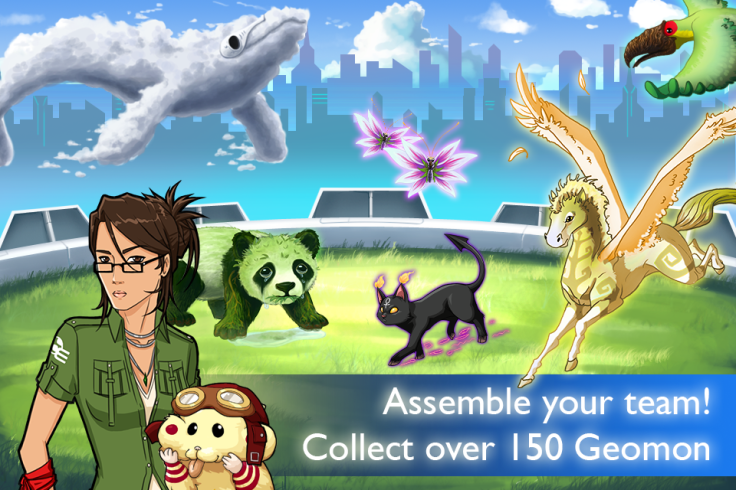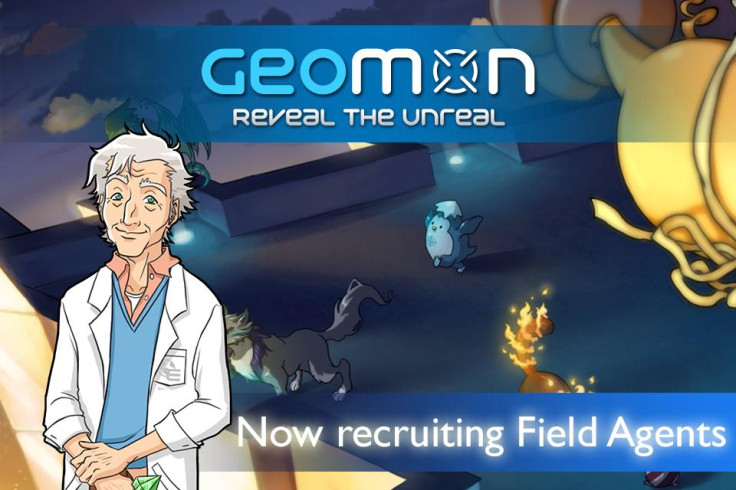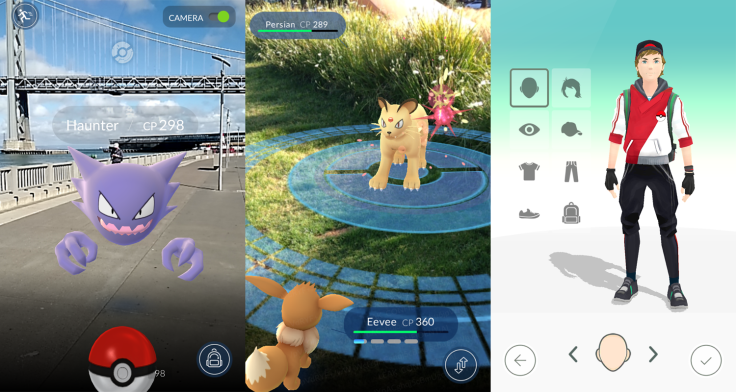$4bn mistake: Yahoo bought the precursor to Pokemon Go in 2013 and then killed the game
Mobile game combining collectable creatures with geolocation, died when Yahoo bought Loki Studios.

Back in 2013, long before Pokémon Go, there was a mobile game app in existence that enabled users to collect 100 cute creatures from different types of habitats and relied on smartphone geolocation to decide whether the user was close to water, grass or snow.
This app was called Geomon, and at its peak, the app had a million users and had achieved profitability. But then the app was killed off.
With Yahoo being bought by US telecoms giant Verizon, stories are coming out of the woodwork about all the ways in which Marissa Meyer failed to turn Yahoo round; how Meyer managed to mess with Tumblr; and how a much-loved yet little-understood brand is now considered a relic in the fast-paced internet age of today.
But one of the saddest stories to come out about Yahoo concerns Loki Studios, an app developer acquired by Yahoo in 2013.

Geomon, the game that should have been Pokemon Go
Loki Studios was founded by several computer science undergraduates from Stanford University in 2011, who had the dream of combining mobile gaming with the high tech features available on smartphones, such as GPS-enabled geolocation, which enables Google Maps to pinpoint your exact location.

The app developer mainly worked on iOS mobile game apps, the most popular of which was Geomon, a game that combined co-founder Ivan Lee's fondness for the Japanese franchise Pokémon, about a fictional world where a group of children search for and collect creatures around the world with different magical abilities and then train them to battle against other creatures.
Lee thought that a mobile game inspired by Pokémon that made use of location data could do well. In the Geomon app, the "Pokémon" were called "Espers" and certain types of these creatures could only be caught if the user was in a particular part of the world, so to catch a sea-dwelling creature, the user would need to be physically standing next to the ocean, and if you wanted to catch a snow-type creature, you'd need to be in a country with snowy climate.
Loki Studios, which had just eight employees, had big dreams of becoming "the world's most recognised game franchise", and it intended to branch out beyond mobile to build "complementary Facebook games, desktop games, and console games", but sadly these dreams were never realised.
Yahoo didn't see the potential in geolocation gaming

The Geomons game did well, so well that it drew the attention of Yahoo, but apparently all the internet giant wanted was Loki Studios' staff, not its products. Seven of the app developer's employees were acquired to going the Yahoo mobile team, and the decision was made to kill off Geomon.
Inc Magazine managed to contact Lee over LinkedIn to ask him what he thinks about the overnight success of Pokémon Go, the mobile gaming phenomenon by Niantic Labs taking the world by storm with tens of millions of users that is now worth $3.7bn (£2.8bn), and he confirmed that Geomon "ceased operations" after Loki Studios was acquired by Yahoo.
Not a great year for Yahoo
It is not exactly clear why, but from Lee's comments, it seems that there were concerns about whether Geomon could maintain its popularity, particularly if the app forced users to go outside and physically walk around in order to progress in the game.
Other than that, his comments to Inc are guarded and simply reflect a glowing respect for Niantic for what it has achieved in developing the Ingress geolocation game platform that eventually evolved into Pokémon Go and its map of plentiful PokéStops and gyms, as well as for licencing the valuable and widely recognisable Pokémon IP.
Reuters says that Yahoo failed because it didn't know what it was, and because it made crucial mistakes with its acquisitions, passing up opportunities to buy Facebook and Skype, not partnering with Google and refusing to let Microsoft take it over, as well as bungling mobile advertising and failing to correctly monetise Tumblr.
But it's incredible to think that Yahoo was once sitting on the biggest mobile gaming sensation since Angry Birds, and instead of building it into greatness, killed the magic of a great idea.
© Copyright IBTimes 2025. All rights reserved.






















